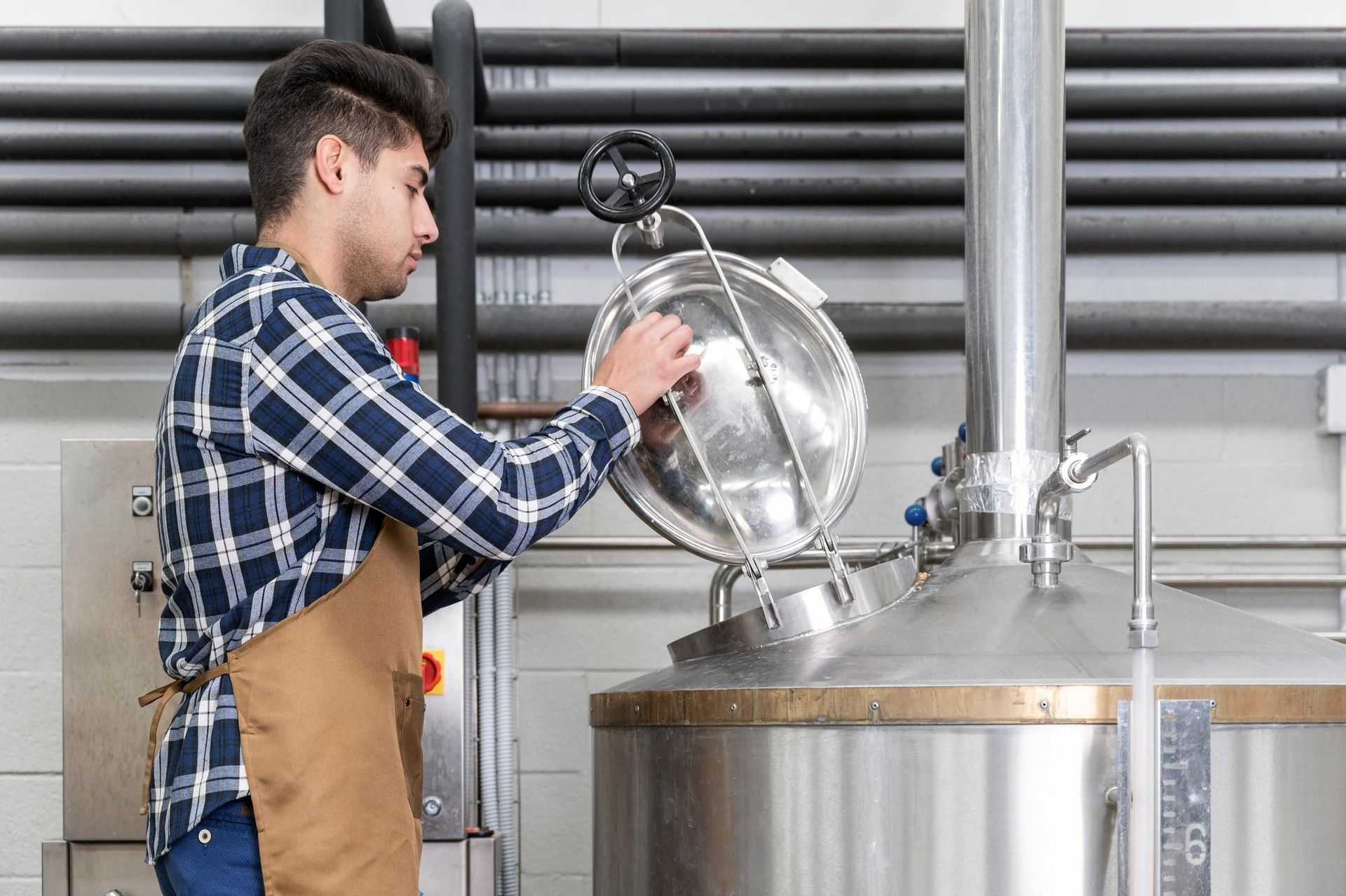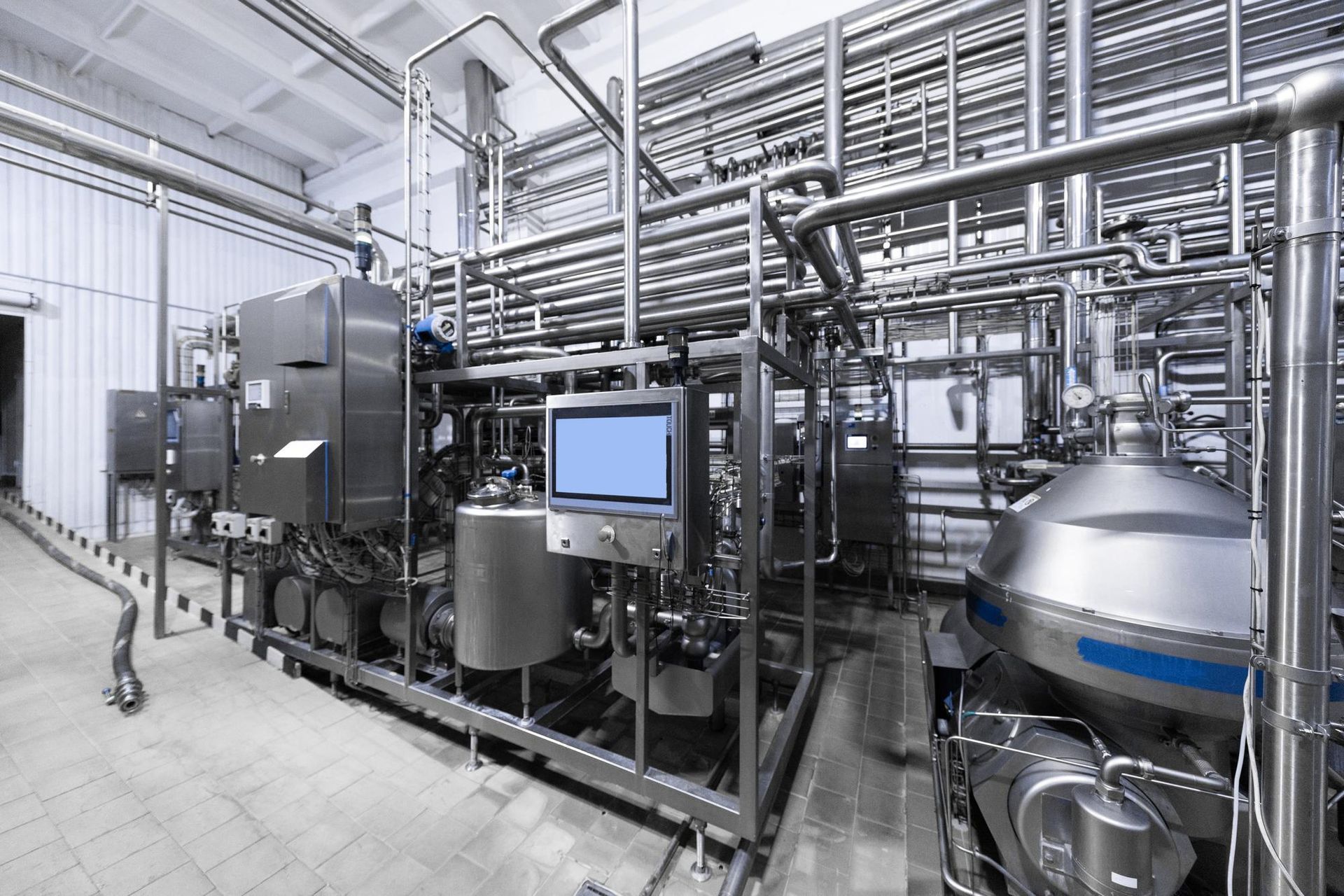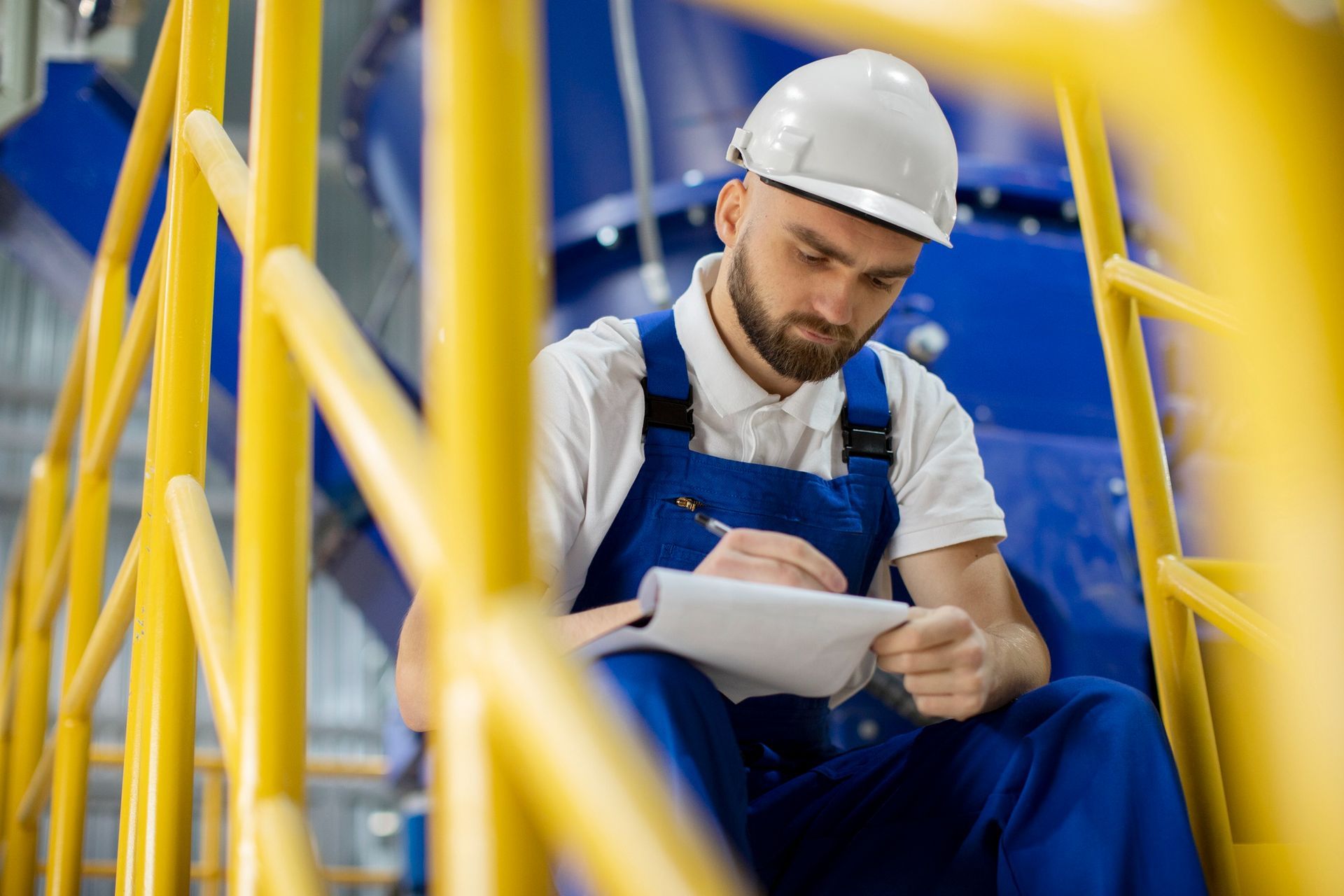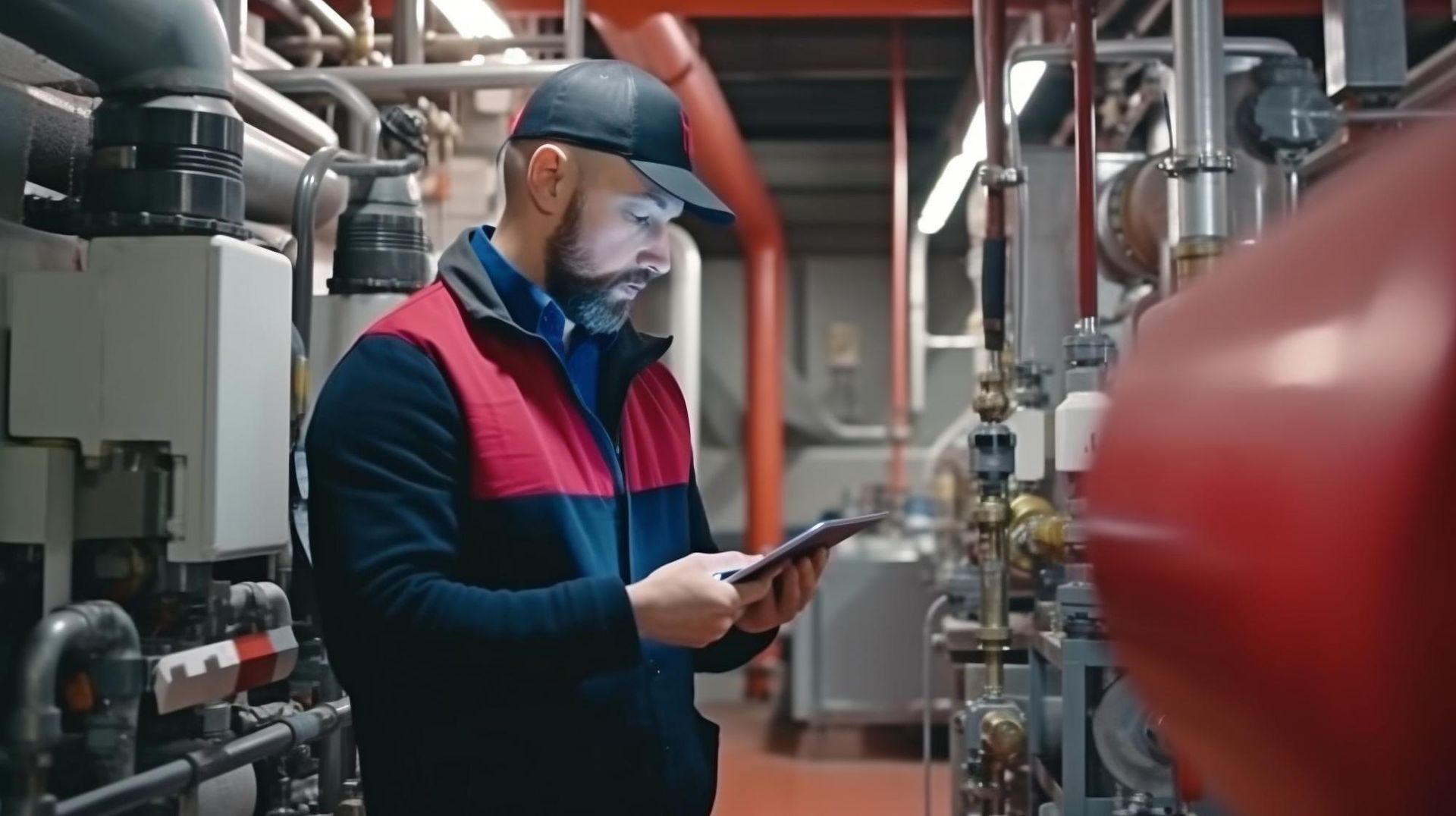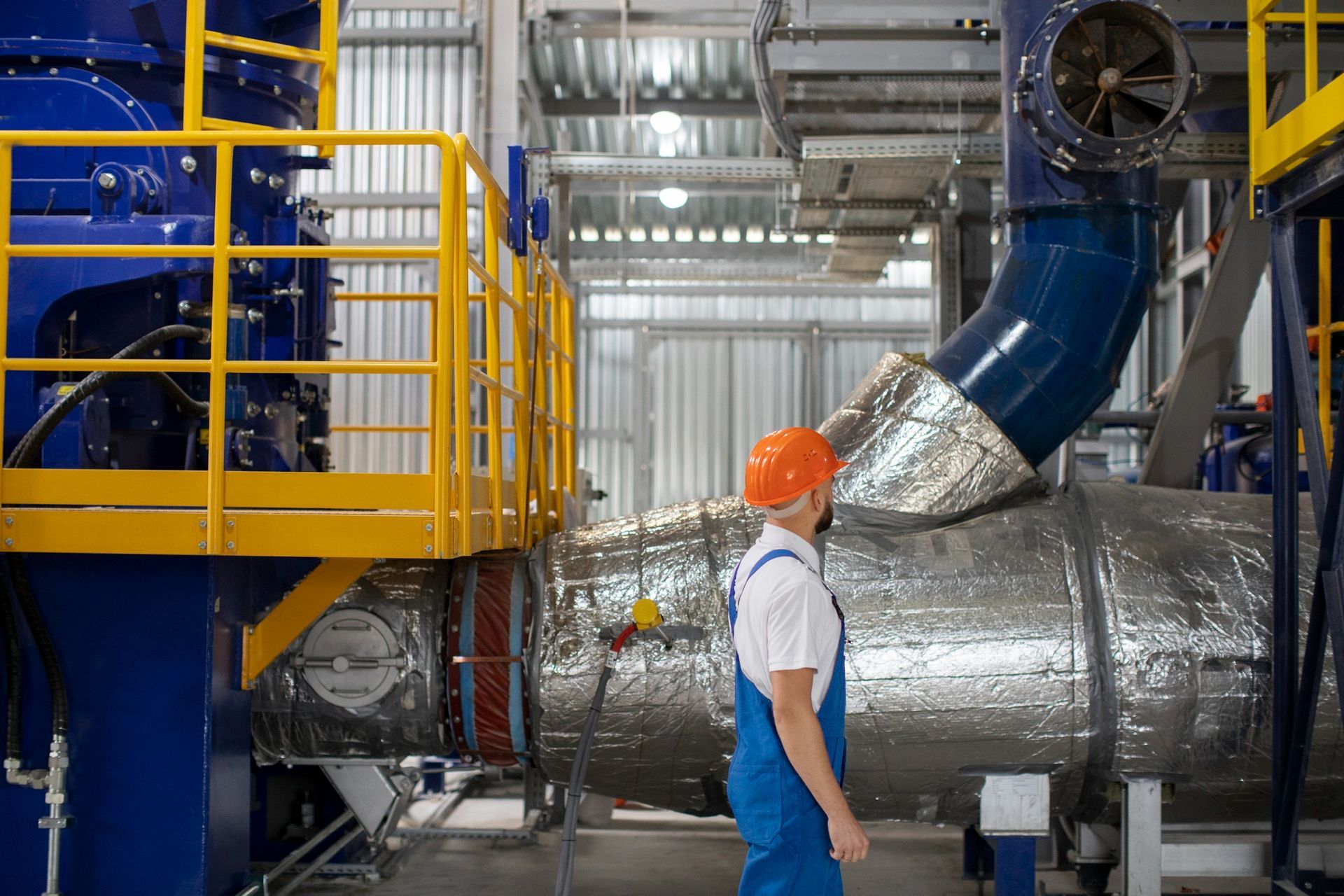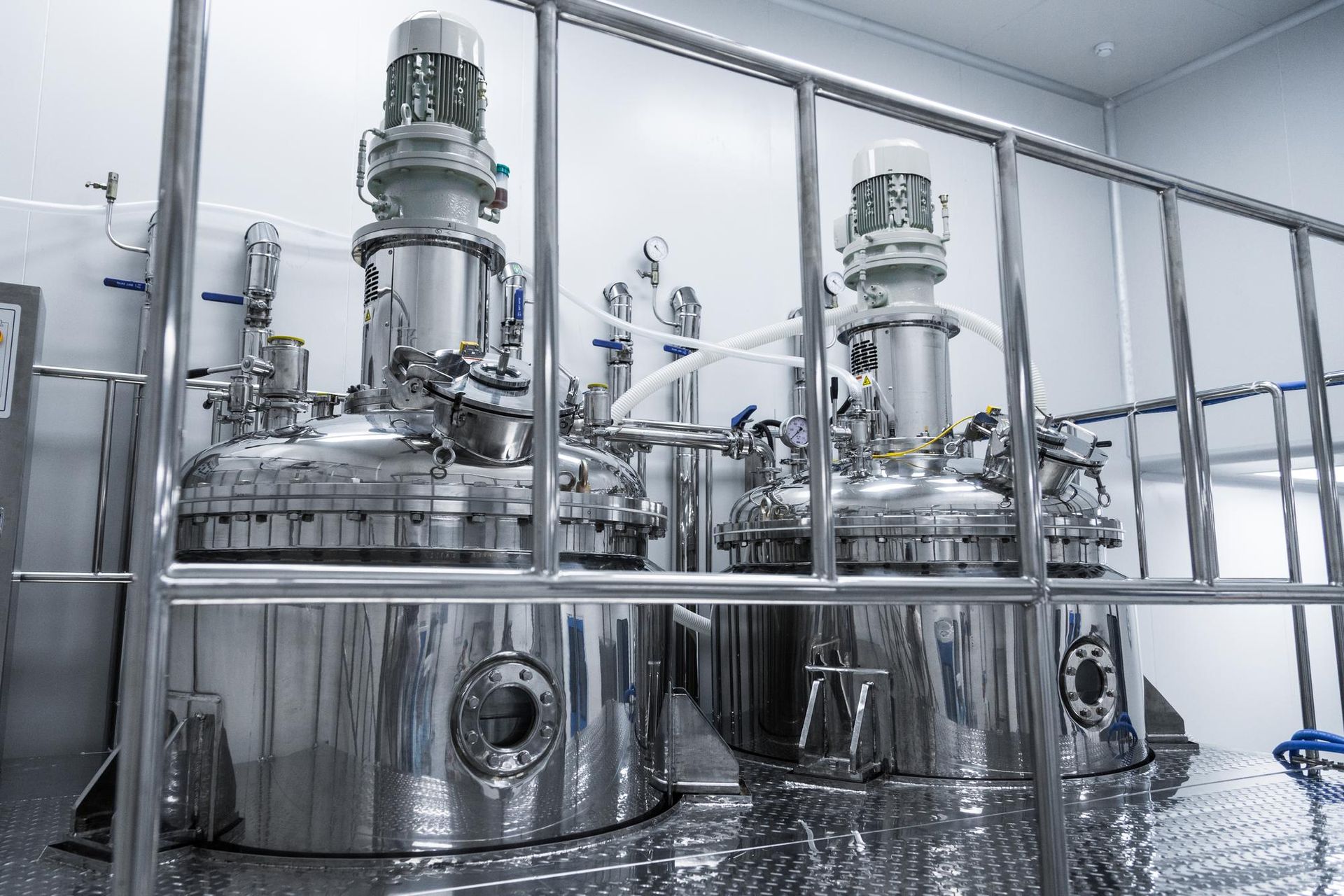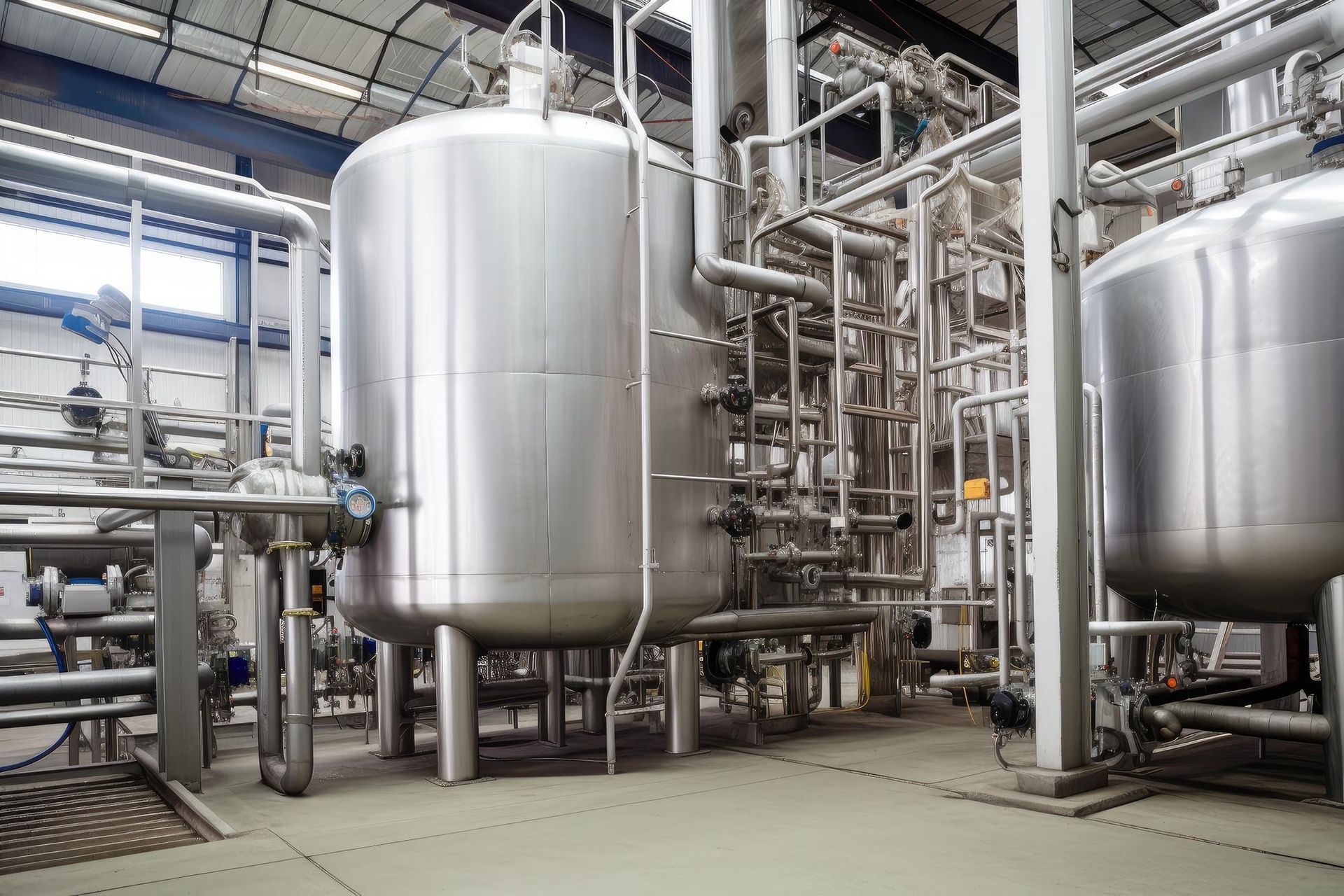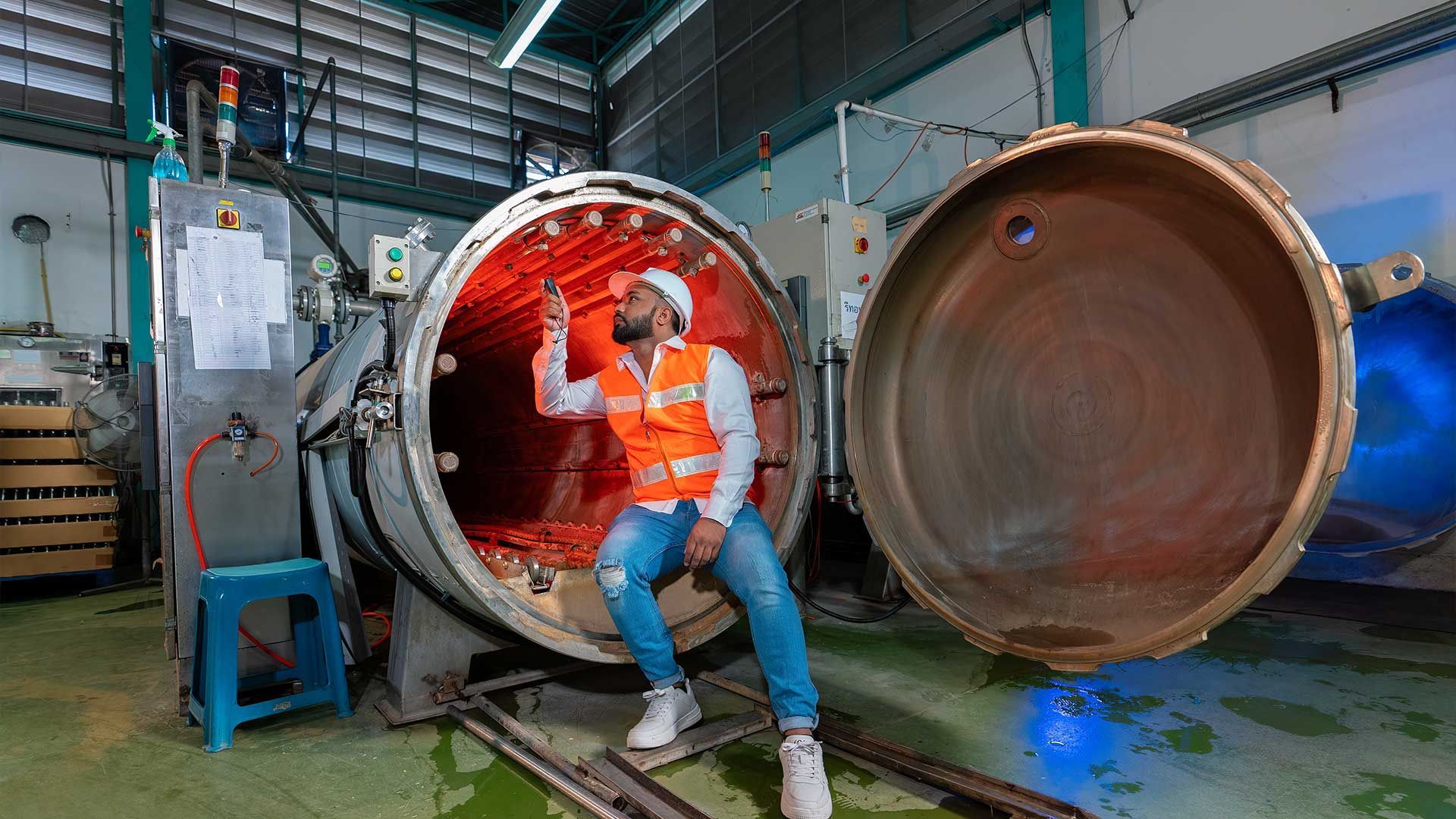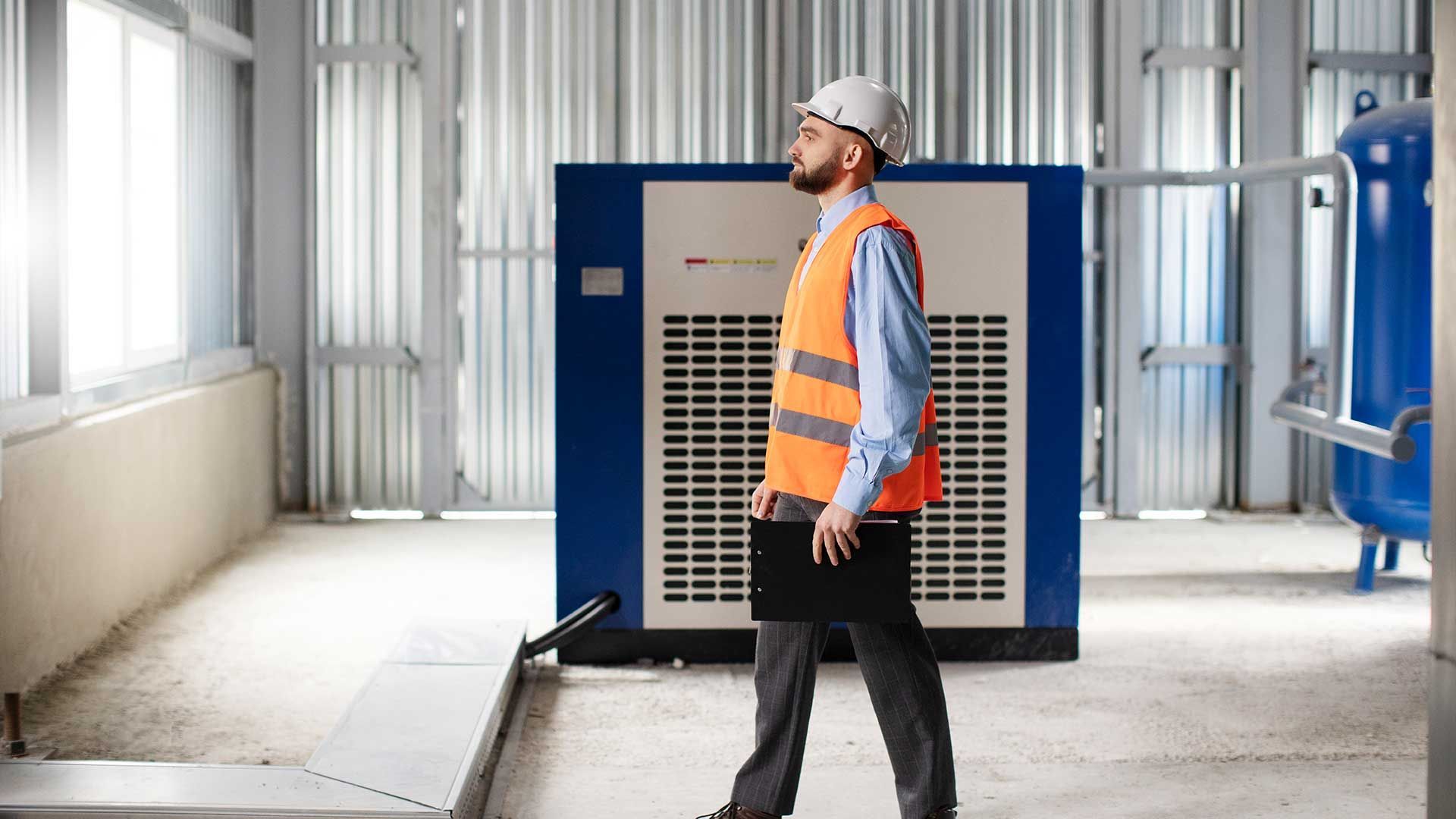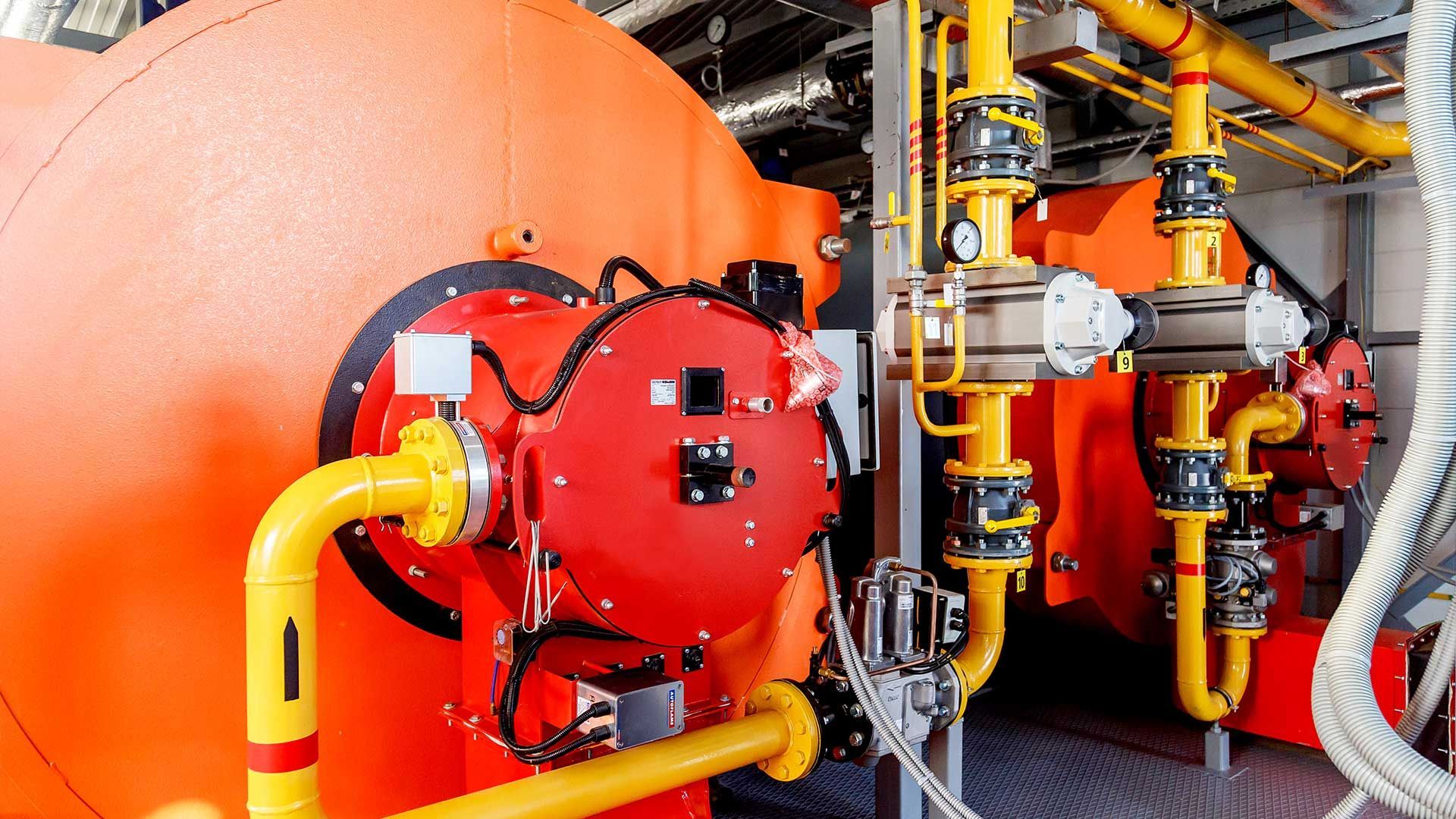The Future is Here: Why Commercial Electric Boilers are an Eco-Friendly Choice
Understanding Commercial Electric Boilers
To fully grasp why commercial electric boilers are a great eco-friendly choice, it's important to understand what they are and how they work. Simply put, these boilers use electricity to heat water. This hot water is then circulated through pipes to heaters throughout a building, providing consistent and efficient heat.
One of the key features of commercial electric boilers is that they don't require any combustion to generate heat. Traditional boilers burn fossil fuels like gas or oil, which releases carbon dioxide and other harmful gases into the atmosphere. However, electric boilers generate heat through electrical resistance, similar to how an electric kettle works. This process is not only more efficient but also much cleaner, as it doesn't produce any emissions.
Furthermore, commercial electric boilers are compact and easy to install. They don't require a flue or chimney, which makes them a flexible solution for buildings with limited space. Lastly, these boilers are known for their reliability and low maintenance needs, making them a hassle-free choice for businesses.
In the next sections, we'll delve deeper into the benefits of commercial electric boilers, particularly their energy efficiency and reduced carbon footprint.
Energy Efficiency of Commercial Electric Boilers
Commercial electric boilers are highly energy efficient. Traditional boilers that rely on fossil fuels often waste a significant amount of energy. This is because the process of burning fuel to generate heat is not completely efficient, and some energy is lost in the form of waste gases. On the other hand, electric boilers convert almost all the electricity they use into heat, making them extremely energy efficient.
This high level of efficiency can lead to considerable energy savings for businesses. Since commercial electric boilers use less energy to produce the same amount of heat as traditional boilers, they can help reduce energy bills. In addition, their efficiency means they require less energy to maintain a comfortable temperature, further saving on costs.
Moreover, commercial electric boilers can be paired with smart thermostats and other energy-saving devices to optimize their performance and increase energy savings. These features allow businesses to control their heating systems remotely and adjust settings based on occupancy levels and weather conditions, ensuring the system is only using energy when necessary.
In the next section, we will discuss how this high energy efficiency translates into a reduced carbon footprint, making commercial electric boilers an even more eco-friendly choice.
Reduced Carbon Footprint with Commercial Electric Boilers
Transitioning to commercial electric boilers is a significant step towards reducing a business's carbon footprint. As mentioned earlier, these boilers don't burn fossil fuels, which are major contributors to greenhouse gas emissions. By eliminating the need for combustion, electric boilers help businesses contribute to a cleaner, greener environment.
Moreover, because electric boilers can be powered by renewable energy sources, they have the potential to operate completely carbon-free. If the electricity used by the boiler is generated from renewable sources, such as solar or wind power, then the boiler's operation does not contribute to carbon emissions at all. This is a major advantage in today's world, where there is an increasing focus on sustainable practices and reducing environmental impact.
In addition to their environmental benefits, using commercial electric boilers can also improve a company's public image. Consumers are becoming more environmentally conscious and often prefer to support businesses that take steps to reduce their carbon footprint. Therefore, adopting eco-friendly technologies like commercial electric boilers can help businesses attract and retain customers.
In conclusion, commercial electric boilers offer numerous advantages over traditional heating systems. They are energy efficient, environmentally friendly, and can help businesses save money while reducing their carbon footprint. With these benefits, it's clear to see why more and more businesses are choosing commercial electric boilers for their heating needs.
Maintenance and Durability of Commercial Electric Boilers
Beyond their energy efficiency and environmental benefits, commercial electric boilers are also known for their durability and low maintenance needs. Traditional gas boilers have many moving parts and burn fuel to produce heat, both of which can lead to wear and tear over time. This often results in the need for regular maintenance and repairs.
On the contrary, electric boilers have fewer moving parts and do not require combustion to generate heat. This simplicity in design reduces the likelihood of mechanical failures, making electric boilers a reliable choice. This reliability, combined with their high efficiency, can lead to a longer lifespan compared to traditional boilers.
Furthermore, the absence of a combustion process means there's no risk of carbon monoxide leaks, which can be a serious safety concern with gas boilers. This makes electric boilers a safer choice for businesses.
The lower maintenance requirements of electric boilers not only reduce repair costs but also minimize downtime. When a traditional boiler breaks down, it may take hours or even days to repair, leaving the building without heat. With an electric boiler, businesses can avoid these disruptions and ensure a comfortable environment for their employees and customers.
In summary, the durability and low maintenance needs of commercial electric boilers make them a cost-effective and reliable heating solution for businesses. They offer peace of mind and stability, allowing businesses to focus on their core operations instead of worrying about their heating system.
Adopting Commercial Electric Boilers: The Future of Business Heating
Given the numerous advantages of commercial electric boilers – from their energy efficiency and low carbon footprint to their durability and low maintenance needs – it's clear that they represent the future of business heating.
The adoption of electric boilers is likely to accelerate as more businesses recognize their benefits and as environmental regulations become stricter. Governments around the world are implementing policies to reduce carbon emissions and encourage energy efficiency, and commercial electric boilers are perfectly aligned with these goals.
For instance, in the UK, the government has announced plans to phase out gas heating in new homes by 2025 as part of its commitment to reach net zero carbon emissions by 2050. This move is expected to drive a significant increase in the adoption of electric heating systems, including commercial electric boilers.
Moreover, the ongoing advancements in renewable energy technologies are making it easier and more cost-effective for businesses to power their electric boilers with clean, green energy. As the cost of renewable energy continues to fall, the economic case for commercial electric boilers will only strengthen.
In conclusion, commercial electric boilers offer a compelling combination of benefits that make them an excellent choice for businesses looking to improve their energy efficiency, reduce their environmental impact, and save money. As we move towards a more sustainable future, it's clear that commercial electric boilers have a key role to play.
Choosing the Right Commercial Electric Boiler
As more businesses recognize the benefits of commercial electric boilers, it's important to understand how to choose the right one for your needs. Here are some factors to consider:
- Size: The size of the boiler you need will depend on the size of your premises and your heating requirements. A professional heating engineer can help you calculate the correct size.
- Efficiency: Look for models with high energy efficiency ratings to ensure you get the most heat for your electricity usage.
- Installation: Consider the installation process. Some models may be easier to install than others, which could save you time and money.
- Cost: While commercial electric boilers can be more expensive upfront than traditional boilers, they often result in lower operating costs over time due to their higher efficiency and lower maintenance needs. Be sure to factor in these long-term savings when considering the cost.
- Warranty: Check the warranty offered by the manufacturer. A longer warranty can provide peace of mind and protect your investment.
- Brand Reputation: Lastly, consider the reputation of the brand. Look for manufacturers known for their quality products and excellent customer service.
By taking these factors into account, businesses can make an informed decision and select a commercial electric boiler that meets their needs and contributes to their sustainability goals. As we move towards a greener future, commercial electric boilers will undoubtedly play a significant role in business heating solutions.
Incentives for Adopting Commercial Electric Boilers
To further promote the switch to electric heating, many governments and utility companies offer incentives for businesses that install commercial electric boilers. These can come in the form of tax credits, rebates, or even low-interest loans.
For instance, in the United States, the Business Energy Investment Tax Credit (ITC) allows businesses to claim a tax credit for a portion of the cost of installing an energy-efficient heating system. Similarly, the UK government offers the Renewable Heat Incentive (RHI), which provides payments to businesses that generate and use renewable heat.
Utility companies may also offer programs to encourage energy efficiency. These can include rebates for purchasing energy-efficient equipment, or reduced electricity rates during off-peak hours. Such programs can make it more affordable for businesses to operate commercial electric boilers and further enhance their cost-effectiveness.
Before purchasing a commercial electric boiler, businesses should research the available incentives in their area and factor them into their cost calculations. By taking advantage of these incentives, businesses can further reduce their environmental impact and save money at the same time.
In conclusion, the transition towards commercial electric boilers is not only beneficial for the environment but can also be advantageous for businesses. With the combination of energy efficiency, lower maintenance costs, and potential incentives, commercial electric boilers are a smart choice for any business looking for an effective and sustainable heating solution.
The Role of Technology in Enhancing Commercial Electric Boilers
As technology continues to evolve, it is playing an increasingly important role in enhancing the performance and functionality of commercial electric boilers. This includes developments in areas such as smart controls, energy storage, and renewable energy integration.
- Smart Controls: Modern commercial electric boilers often come with smart controls that allow businesses to manage their heating more effectively and efficiently. These controls can be programmed to heat different areas at different times, reducing energy waste and saving money. Some models can even be controlled remotely using a smartphone or tablet, providing added convenience.
- Energy Storage: The integration of energy storage technology can further enhance the efficiency of commercial electric boilers. By storing excess electricity produced during off-peak hours (when electricity is typically cheaper), businesses can use this stored energy to power their boilers during peak hours (when electricity is more expensive), resulting in significant cost savings.
- Renewable Energy Integration: Commercial electric boilers can easily be integrated with renewable energy systems, such as solar panels or wind turbines. This not only reduces a business's reliance on fossil fuels but also allows them to take advantage of renewable energy incentives offered by governments and utility companies.
In conclusion, technological advancements are making commercial electric boilers smarter, more efficient, and more adaptable than ever before. As we continue to strive for a more sustainable future, these developments will play a crucial role in promoting the adoption of commercial electric boilers and helping businesses reduce their environmental impact.
Wrapping Up: The Future is Electric
As we've seen, commercial electric boilers offer numerous benefits over traditional heating systems. They're more energy-efficient, require less maintenance, and can be integrated with renewable energy sources, making them a smart choice for any business looking to reduce its environmental impact and save on energy costs.
In addition, advances in technology are making these systems smarter and more adaptable than ever before, promising even greater efficiency and cost savings in the future. And with governments and utility companies offering incentives to encourage businesses to adopt energy-efficient heating systems, there's never been a better time to make the switch to a commercial electric boiler.
At Boiler Technologies Unlimited, we're proud to offer a range of commercial electric boilers that combine cutting-edge technology with exceptional quality and performance. Whether you're a small business owner looking for a cost-effective heating solution or a large corporation seeking to reduce your carbon footprint, we have the perfect system to meet your needs.
So why wait? Make the switch to a commercial electric boiler today and start reaping the benefits of this innovative technology. For more information about our products and services, or to schedule a consultation, please contact us at 813-469-7733. We look forward to helping you create a more sustainable and cost-effective heating solution for your business.


